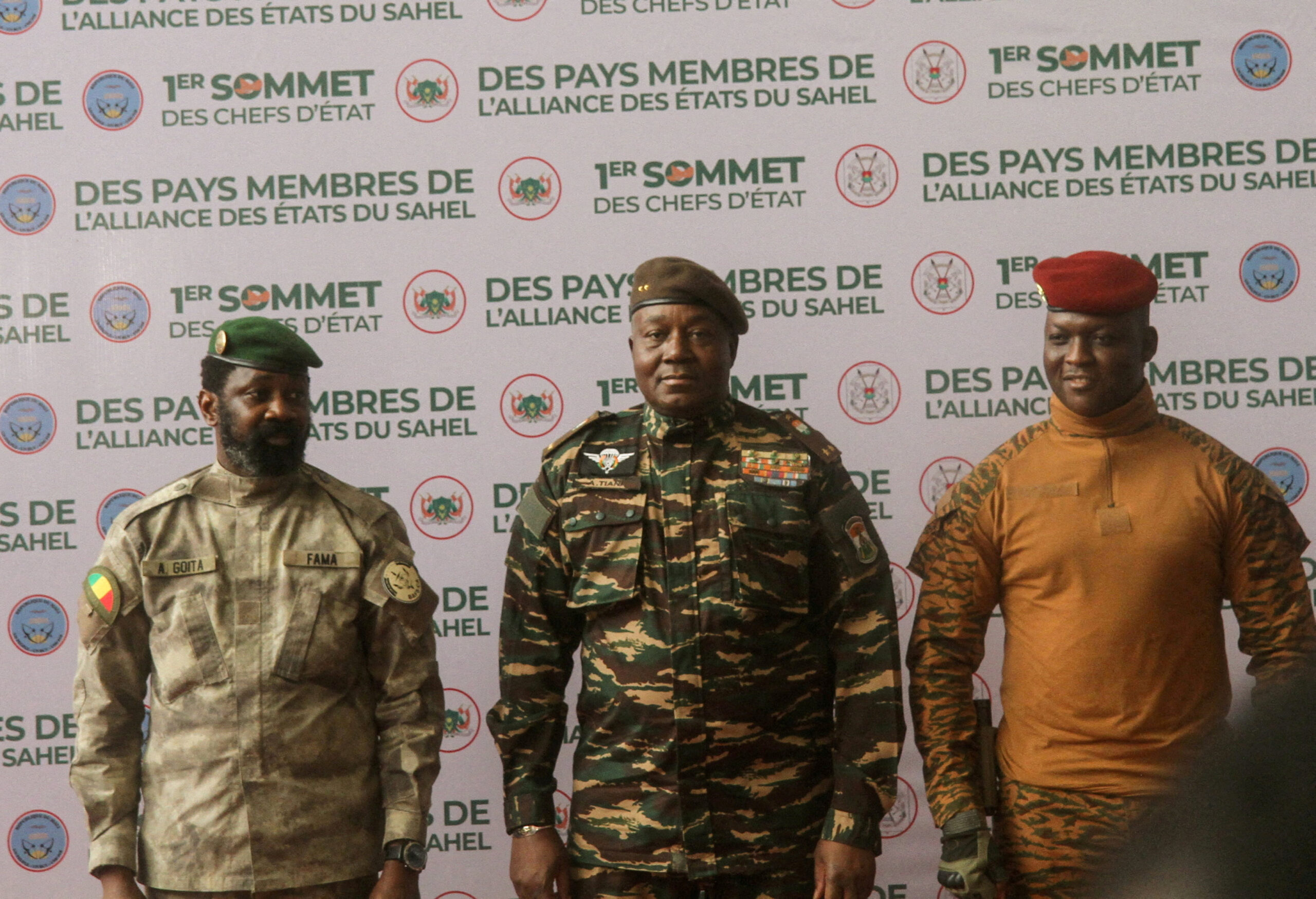BAMAKO, Mali — The military governments of Mali, Niger, and Burkina Faso have jointly addressed the United Nations Security Council, accusing Ukraine of supporting rebel groups in West Africa’s Sahel region, Mali’s foreign ministry announced Wednesday.

This diplomatic move follows Mali’s decision to sever ties with Ukraine in early August, a response to comments made by Andriy Yusov, a spokesperson for Ukraine’s military intelligence agency.
Yusov had stated that Malian “rebels” received necessary information “to conduct a successful military operation,” referring to fighting in northern Mali that resulted in casualties among Malian soldiers and Russian Wagner Group mercenaries in late July.
Mali and Niger interpreted Yusov’s remarks as an admission of Ukraine’s direct involvement in the regional conflict, leading to accusations of Ukraine supporting international terrorism. Niger cut diplomatic ties with Ukraine shortly after Mali, citing solidarity with its neighbor.
Ukraine has consistently denied these allegations, calling them groundless and untrue. The Ukrainian foreign ministry did not immediately respond to requests for comment on Wednesday. Ukraine remains embroiled in its own conflict, battling Russian forces more than two years after Moscow’s invasion.
In their letter to the Security Council, the foreign ministers of Mali, Niger, and Burkina Faso urged the body to “take responsibility” for Ukraine’s actions and prevent “subversive acts” that threaten regional and continental stability. The letter’s text was shared on the Malian foreign ministry’s social media accounts, and diplomats confirmed its circulation to the 15-member Security Council on Tuesday evening.

The situation is complicated by the presence of various armed groups in the region. A Tuareg rebel alliance has denied receiving any Ukrainian support. Both ethnic Tuareg separatists and jihadist insurgents operate in northern Mali. The Tuareg group claimed to have killed at least 84 Wagner mercenaries and 47 Malian soldiers during intense fighting in July. Separately, an al-Qaeda affiliate reported killing 50 Wagner mercenaries and 10 Malian soldiers in an ambush during the same period.
These accusations come amid a shifting geopolitical landscape in the Sahel. Burkina Faso, Mali, and Niger have distanced themselves from traditional Western and regional allies in favor of closer ties with Russia over the past four years, following military takeovers in each country.
The July attacks, occurring in Mali’s northern Kidal region near the Algerian border, potentially represent the heaviest losses for the Wagner Group since its involvement in Mali began two years ago to assist the junta in combating jihadist insurgents.
The Tuareg, a distinct ethnic group inhabiting the Sahara region, including parts of northern Mali, initiated a rebellion in 2012. This uprising was initially pushed back into Mali’s arid north before being co-opted by Islamist militant groups, further complicating the regional security situation.



